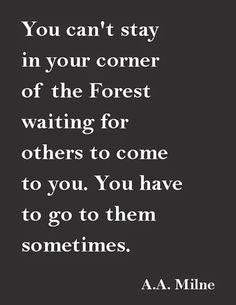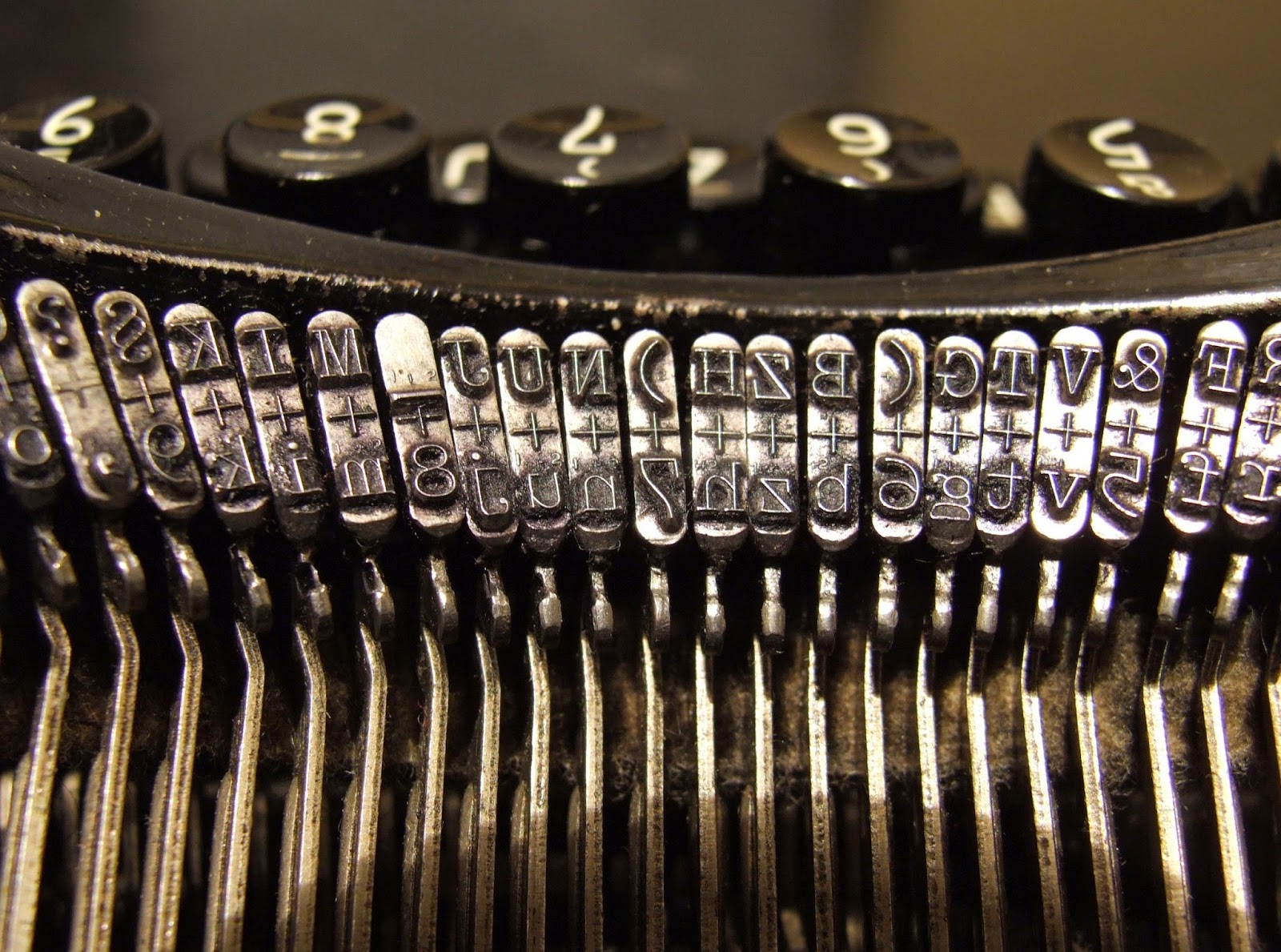
I Am Writing a Nonfiction Book
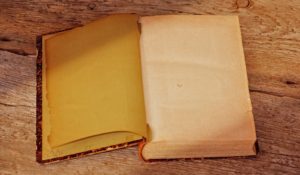
We talked about how to start writing a book in the last post, but once you’ve begun it’s vital to make sure others know what you are writing. Some people have questioned the choice of titles of some books, like my own, because they sound too fiction ‘ish.’ This is a bit of a challenge as it’s not a fiction book.
I am writing a nonfiction book.
I am writing a book about the Second World War, and it focuses on Transylvania, Romania. In many ways it is slowly but surely showing me what the process of writing and publishing is like. It is more likely easier to write a fiction book This may seem like a small subject, but a nonfiction book is as important to read as a fiction book. You can write as much as you like, but the difference between a fiction and a nonfiction book is the element of story.
I am telling a story- it is biographical, but I am also working with facts. This means a lot of research. Some of this comes from the oral history side where I interview men and women from the Northern part of Transylvania. It’s a fine balance because they all have their stories.
Writing a non fiction book means staying in the facts. It does no good to expand on things which weren’t said, and yet, as a writer, you are expected to make what you have written interesting and informative. There is such as thing as narrative non-fiction and that is a great boon to writers such as myself. When it is both written and oral history there can be a balance to the style of writing. Some of the best historians have moved from just the facts to a more fiction based approach to how they write.
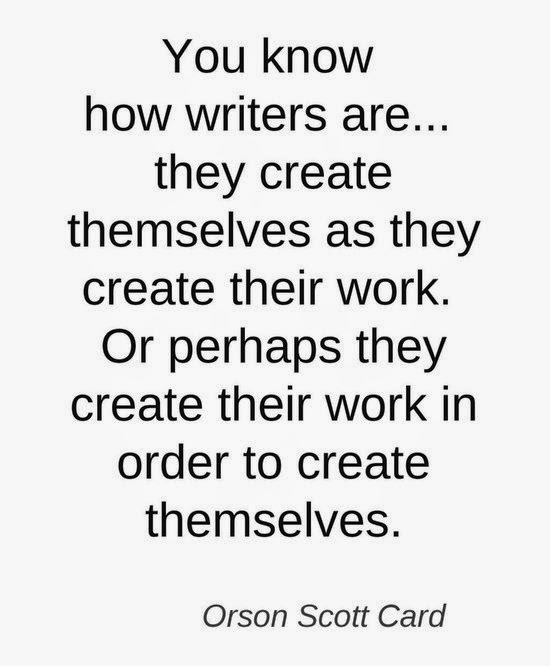
I am not suggesting they are changing facts, but rather they are writing to a specific audience who are looking for something they can relate to, and something they can remember. The small facts which can tell someone else they read this book. The conversation starters, and the joy of retaining facts they didn’t think they could. I am amazed with newer non fiction writers because they have an ability to connect with a reader.
Writing a nonfiction book, and having success with it means looking at what works for you, and what doesn’t. My own favourite writer, Malcolm Gladwell, in his book, blink shows how much you can do to make people remember you. He’s passionate about his subject- snap judgements- and passionate about writing.
He has already written a great non fiction book entitled the tipping point, but there is one thing about his writing which came as a bit of a surprise to me. I’m of course hoping to read more books by him, but it’s his writing which I enjoy. It’s not the insane bit of facts he has given, because there are a lot of information found in there, it’s the fact there is so much to learn, and there is one more important thing.
It’s readable. It is nonfiction, and it’s readable and relatable to almost anyone, there will be naysayers, but they are the ones who ‘hate’ non-fiction to begin with (mostly due to bad experiences before). I loved Blink, and it gave me a chance to see how fiction can change how a writer sees the art of writing a nonfiction book.

How To Start Writing a Book

Why Do Writers Blog
You May Also Like

Social Networking Sites: From Tweet to Triumph
August 20, 2013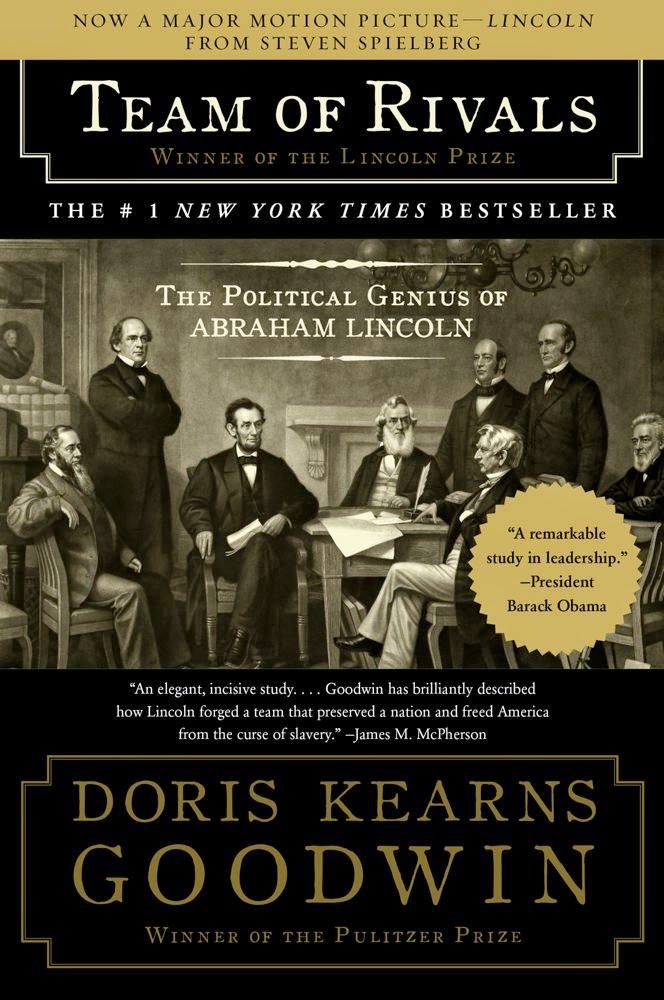
All the President’s Men
February 7, 2015